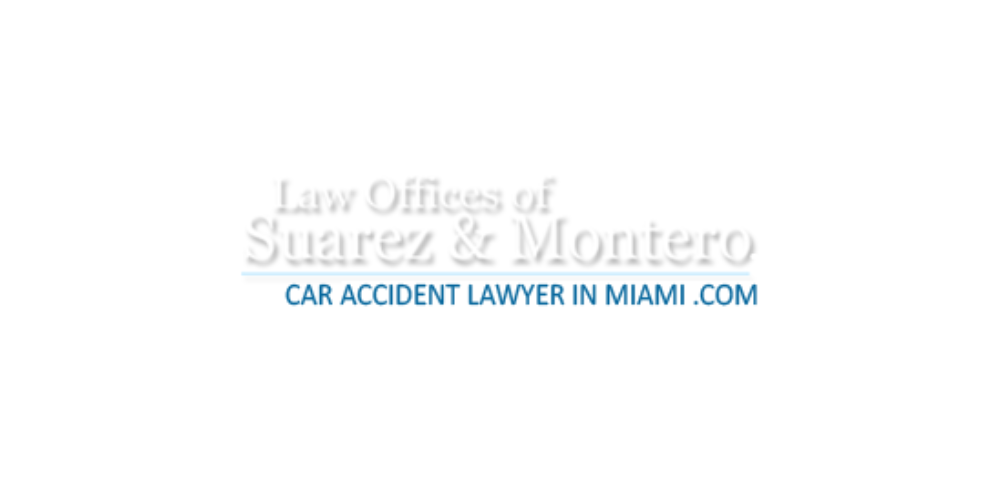
Appeals in Personal Injury Cases
Most personal injury cases settle before trial. However, some personal injury cases are decided by a jury in a trial court. Moreover, other personal injury cases are dismissed before getting to trial for several different reasons. In some cases, the defendant’s attorney may be able to convince the court to dismiss the plaintiff’s case before a jury ever gets to see it. Maybe the plaintiff bases their cause of action on a new legal theory and the court dismisses the case for failure to state a cause of action upon which relief can be granted. In other personal injury cases, the evidence for the plaintiff is thin on a particular legal issue and the court may decide to grant a motion for summary judgment essentially ending the case. So, what happens next? The trial isn’t necessarily the end of the story. In this blog post, we will discuss appeals in personal injury cases.
How Does the Appeals Process Work?
In a personal injury case, the losing party or even a party who wins only part of what it wanted to win can appeal the case to a higher court. In every jurisdiction or state, the losing party at least has the right to consider having the case reviewed by an appellate court. The larger court systems like the federal courts and those of the bigger states have two layers of appellate courts. The first layer is the intermediate appellate court, and this is usually called the court of appeals in the federal system and various other names in different states. In Florida, we have the district courts of appeal and we have five of them. The second layer is the highest court in the jurisdiction or state such as the United States Supreme Court or the Florida Supreme Court. However, not every losing party decides to appeal. In some cases, the lawyer may decide that there is not a good enough basis for appealing. In other cases, the losing party might be unable or unwilling them to invest more money into the litigation. When the losing party does challenge a case via the appeals process, they must first go to the intermediate court. If the losing party doesn’t like the result reached in the intermediate appellate court (District Court of Appeal in Florida) they may ask the highest court in their federal or state system to hear the case. An important thing to note here is that while an appeal to the intermediate court usually must be heard by the intermediate court, the same is not true for the next level of appeals which are discretionary. This means that the highest court in your system is not required to hear your case and will only take up the case in certain situations. In the US Supreme Court, the procedure of asking the court to hear the appeal is called petitioning for a writ of certiorari which is a Latin term meaning “to be informed.” These types of courts only take appeals when the case raises an important legal issue because there is some confusion among the lower courts about the proper resolution of the legal issue involved. The appeals process is not designed to achieve a correct result or to guarantee a perfect process in the case. Instead, it tries to balance the fundamental values of the litigation process. As such, courts will correct errors in the courts below that substantially impinge on the fairness of the litigation process.
Speak with a Miami Accident Lawyer Today!
If you are looking to pursue a car accident injury case and want to discuss your options going forward, contact one of our skilled car accident attorneys today! Don’t allow negligent drivers to cost you money, time, or cause you aggravation. If you were hurt in a car crash, it is smart to connect with a local accident lawyer so that you can obtain vital information on how to begin the process of filing a claim or filing a lawsuit. At Suarez and Montero, our policy is that if you don’t recover compensation, you won’t pay any fees for our services. Not to mention, we also provide free case consultations where we assess the circumstances surrounding your case and give you an objective overview of what steps you can take going forward if you decide to act against the at-fault party. For over 19 years, we have delivered quality legal representation for people who, through no fault of their own, have been injured in all types of motor vehicle accidents. We are available 24/7 to give you a free, no risk case consultation.
We serve clients throughout Florida including those in the following areas:
Miami-Dade: Aventura, Coral Gables, Doral, Fontainebleau, Hialeah, Homestead, Kendall, Miami, Miami Beach, Miami Lakes, North Miami, Tamiami, and Westchester.
Broward: Fort Lauderdale, Hallandale Beach, Hollywood, Pembroke Pines, and Weston; and Palm Beach County including Boca Raton, Lake Worth, and West Palm Beach.





